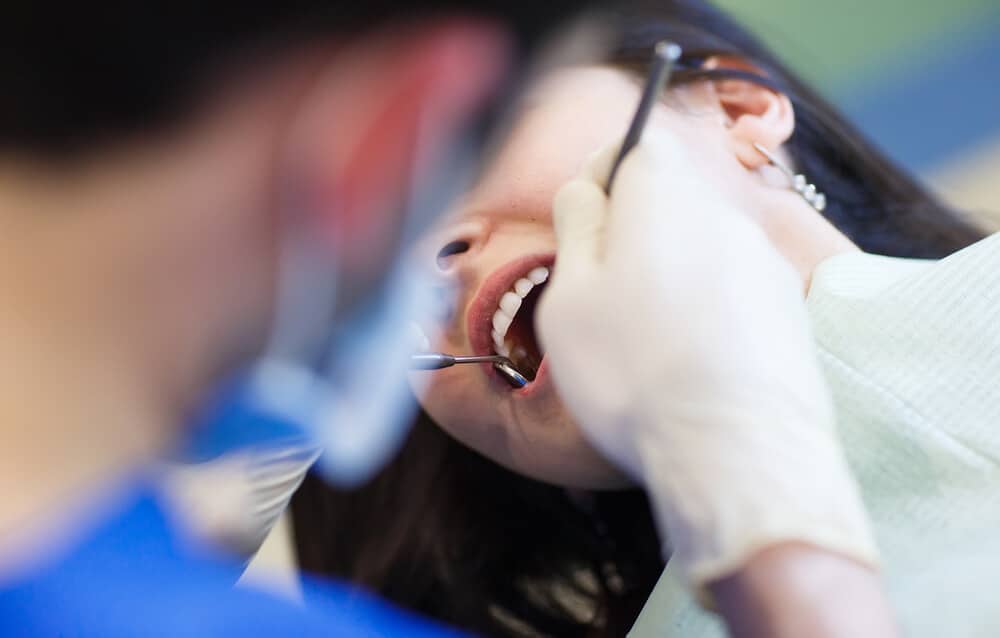

Prosthetics Care Instructions
Indirect porcelain ceramic restorations and prosthetics include crowns, bridges, veneers, inlays & onlays and implant crowns and bridges. These are made in a laboratory and fitted into your mouth at a later date. A temporary crown or restoration will be fitted into your mouth during this waiting period.
TEMPORARY CROWNS, BRIDGES, INLAYS/ONLAYS AND VENEER CARE
The temporary material used is a weak plastic cemented in with weak cement.
Things to be aware of:
- Flossing may not always be possible or easy around the temporary restoration. This will be rectified when your final restoration is in place.
- Normal tooth brushing must continue.
- Sensitivity around temporary restorations is not uncommon. This should settle once the final restoration is in place. You may require some anti-inflammatory tablets to ease the discomfort.
- They can come off.
- They can break.
If it does feel unstable or fall out, contact the surgery immediately and we will remake you one. It is not advised to leave a tooth or teeth unprotected.


FINAL PORCELAIN / CERAMIC RESTORATION CARE
It is important to maintain excellent oral hygiene practices. This includes daily interdental cleaning or flossing. Crowns and bridges are still susceptible to decay near the gum line and gum disease needs to be addressed regularly. If you have a bridge you must use piksters of super floss to clean under it. We strongly recommend an examination and maintenance clean every six months.
Veneers are a thin shell like porcelain restoration which is placed on your front teeth. You must not bite into any hard foods like whole apples with your new veneers. This could result in loosening of the veneer, or it may even come off. If this occurs hang onto the veneer and contact the practice immediately. Veneers are a lot less stable than full crown coverage, so care must always be taken.
Foods to generally be aware of:
- Sticky food such as toffees or minties
- Firm foods like carrots, apples, nuts, pears, pork crackling need to be cut into pieces and not wedged with your teeth.
- Nuts
- Un-pitted olives
- stone fruit seeds


Other things to be aware of:
- Sensitivity if any, should settle down within days or a few weeks following the cementation of the final porcelain restoration.
- Your bite should feel normal. Contact the practice for a slight adjustment if your bite seems strange, high or uncomfortable. An altered bite can cause pain, resulting in the inability to chew comfortably. An un-even bite could even fracture of the whole crown.
Porcelain restored teeth may still require root canal therapy or even break, even though it is high quality. It is not uncommon to require a new crown in the future.
The part you play in the care of these restorations directly affects their lifespan and longevity.

